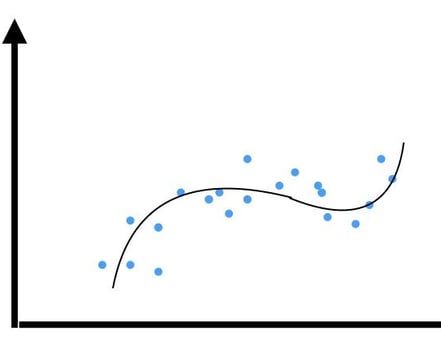Robert Williams
Robert Williams | AI-Driven Culture Architect
"Transforming Marketing Organizations: Building AI-Optimized Human Ecosystems"
June 24, 2025 | 5:13 PM EST
🌐 The Cultural AI Framework
Four Pillars of Organizational Transformation:
mermaid
🔧 Core Implementation Blueprint
1. Human-AI Symbiosis Engine
Redefining Team Dynamics
Neural Team Architecture:
python
Bionic Workflow Integration:
2. Ethical Infrastructure
Guardrails for Responsible Adoption
AI Constitution Framework:
markdown
Compliance Toolkit:
ToolFunctionCertificationsEthosGuardReal-time bias detectionISO 24001 CertifiedConsciousAIEthical decision treesGDPR/CCPA CompliantBlockAuditImmutable activity logsSOC 2 Type II
3. Continuous Evolution System
Perpetual Learning Environment
AI Literacy Accelerator:
Evolution Metrics:
KPIMeasurement ToolIndustry BenchmarkAI Adoption RateCulturePulse Dashboard78%Skill VelocityTalentNeural Network2.1xEthics IndexGlobal AI Trust StandardTier 4
4. Value Amplification
Business Impact Multipliers
Performance Case Study:
Innovation Flywheel:
mermaid
🛠️ Cultural Tech Stack
LayerKey TechnologiesConsciousnessLatticeFlow AI ExplainabilityConnectivityMicrosoft Viva AI CopilotCompetenceDegreed XR Learning EcosystemsConsciencePymetrics Ethical AI Suite
📜 Cultural Manifesto
"The future belongs to organizations where humans don't compete with machines, but where human-machine hybrids outperform pure AI and pure humans by orders of magnitude."


The expected outcomes are of great significance at two levels. At the level of understanding OpenAI models and systems, this study will explore the application potential and boundaries of OpenAI APIs in complex tasks such as cultural perception, cultural integration, and cultural innovation. Through the practical operation of incorporating cultural elements into AI models, we will study how to adjust and optimize the models to better handle culture-related data and business logics, discover the advantages and disadvantages of the models when dealing with marketing problems in different cultural backgrounds, and provide practical basis and improvement directions for the expansion of OpenAI models in the field of cultural marketing. At the social impact level, the research results are expected to drive the modern marketing industry towards cultural intelligence, encourage enterprises to pay more attention to the role of cultural values in marketing, and enhance the cultural connotation and social influence of marketing activities. By building AI-driven culture, it can provide consumers with products and services that have a stronger sense of cultural identity and emotional resonance, strengthen the connection between consumers and brands. At the same time, it also helps to promote the communication and integration of different cultures and contribute to the prosperity and development of social culture.



